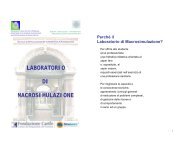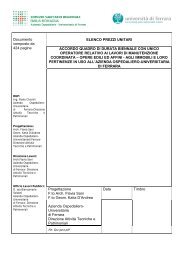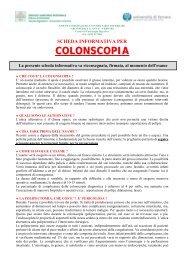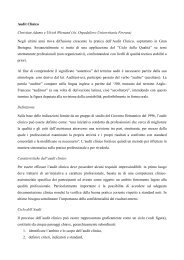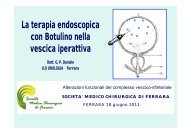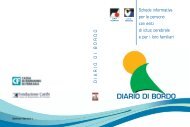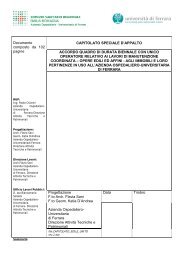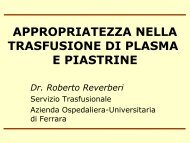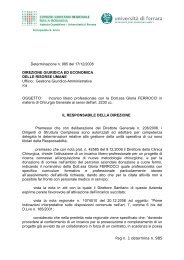Le malattie autoinfiammatorie in pediatria-Brachi.pdf
Le malattie autoinfiammatorie in pediatria-Brachi.pdf
Le malattie autoinfiammatorie in pediatria-Brachi.pdf
You also want an ePaper? Increase the reach of your titles
YUMPU automatically turns print PDFs into web optimized ePapers that Google loves.
2. INFLIXIMAB (Remicade<br />
Remicade®):<br />
E’ un anticorpo chimerico, di orig<strong>in</strong>e per il 75% umana e per il 25%<br />
mur<strong>in</strong>a, <strong>in</strong> grado di legarsi con elevata aff<strong>in</strong>ità aff<strong>in</strong>it e specificità<br />
specificit<br />
sia al TNF-alfa TNF alfa circolante che a quello di membrana.<br />
La somm<strong>in</strong>istrazione è per via endovenosa (<strong>in</strong> ospedale) alla dose<br />
di 3-6 mg/kg a 0, 2, 6 settimane poi ogni 8 settimane.<br />
A lungo term<strong>in</strong>e si associa allo sviluppo di anticorpi anti-<strong>in</strong>fliximab<br />
(possibilità di reazioni <strong>in</strong>fusionali a lungo term<strong>in</strong>e).<br />
3. ADALIMUMAB (Humira Humira®)<br />
E’ un nuovo anticorpo monoclonale <strong>in</strong>teramente umano, diretto<br />
contro il TNF.<br />
Meccanismo d’azione analogo all’Infliximab<br />
all Infliximab.<br />
Bassa immunogenicità, pertanto ben tollerato.<br />
Iniezione sottocutanea ogni 2 settimane (dose di 24 mg/mq, max 40 mg )



